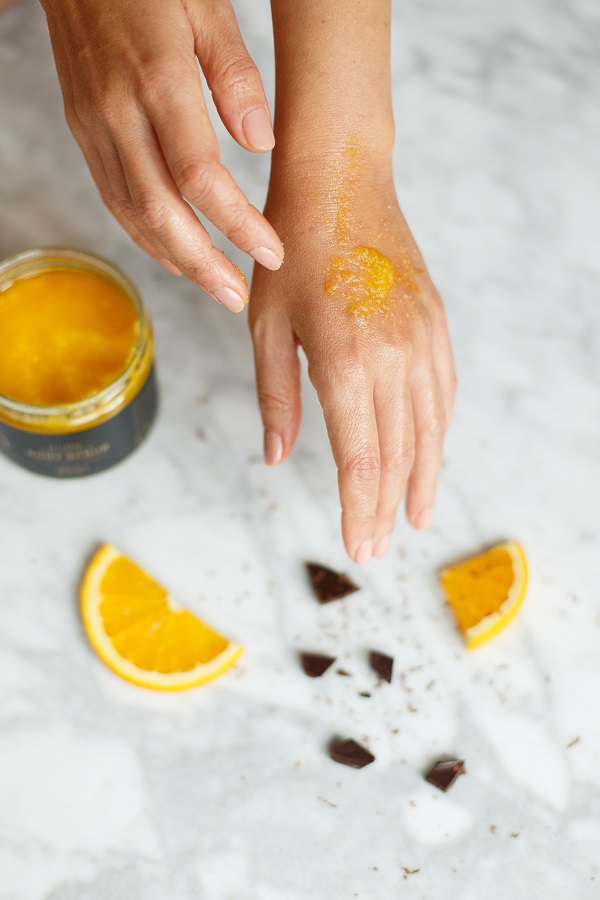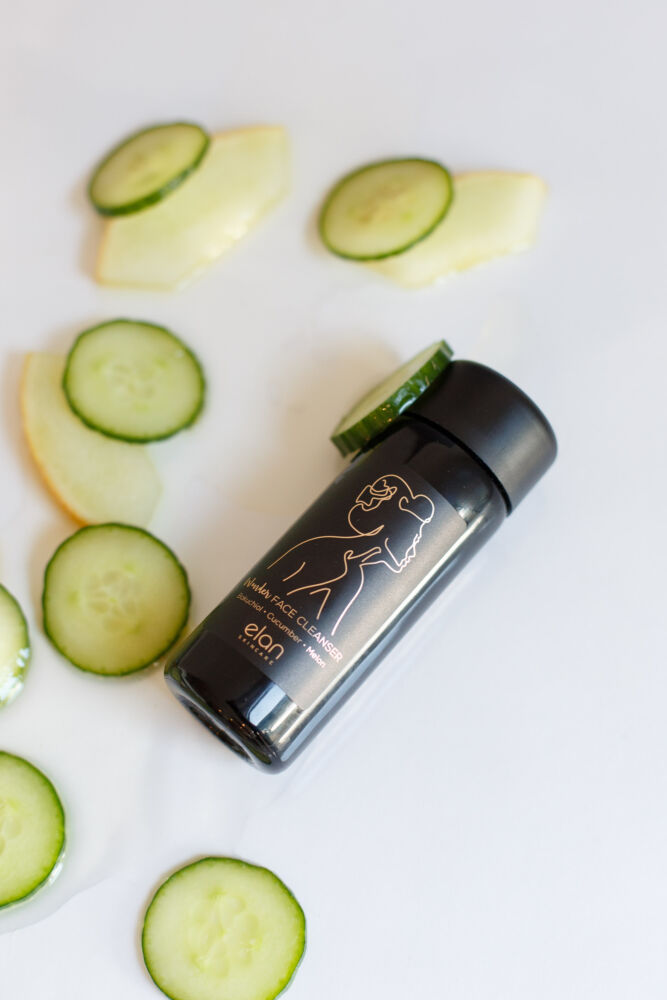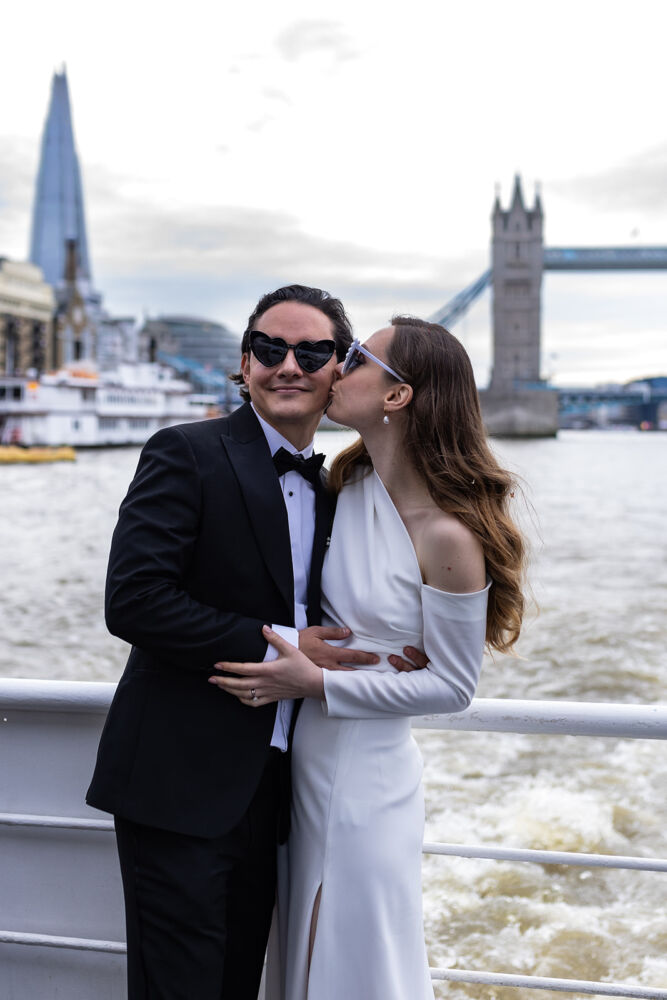Veganuary – how being vegan translates to the beauty world

Being VEGAN is a lifestyle, it is not just about excluding animal derived ingredients from your diet.
Becoming vegan when it comes to diet seems straightforward, but when it comes to beauty products it can be more complicated.
Veganism is not only about one’s personal health and wellbeing, but also about welfare of animals and the environmental impact the industry has on it.
Veganism in beauty means making beauty and skincare products without harming animals or utilizing animal or animal derived ingredients but unfortunately that is not always the case. Even the brands which use synthetic alternatives, may still be testing the products or at least some of the ingredients on animals, if required by law (for example if they want to trade with China).
Using synthetic alternatives in cosmetics creates other issues and considerations, like sustainability and the effect on the environment. Therefore, when choosing a product for your kit or personal use, it comes down to your personal values and principles, as well as how you want your beauty journey to look like.
As always, knowledge and research are the key.
Here is a list of most commonly non- vegan ingredients in cosmetics. Here is the list of the ingredients to avoid in vegan products.
This is not a completed list, if in doubt – always do your own research.
If you are finding it confusing, look for the following certifications, but not limited : Certyfied Vegan Vegan.org Vegan Certyfied . More details you can find here http://vegan-labels.info/ Small independent brands may not be able to afford the certification, so knowing what to look for is priceless.
1. Carmine – (also CI75470, Cochineal or Carmic Acid E 120, Crimson Lake) – it’s a vibrant red pigment obtained from crushing up female cochineal insects ( beetles). It is commonly used is lipsticks, blushes, eyeshadows. Vegan alternatives used in cosmetics are: IRON OXIDES, Fruit and vegetable dyes, optional synthetic Iron Oxides to avoid heavy metals.
2. Glycerin (also known as Ethylhexylglycerin, Glyrides, Glyceryls, Glyceth-26, Polyglycerd) – it is a fat derived from animals. It is used as a skin softener and smoother. Most commonly used is personal skincare products. Vegan alternatives are soya, coconut and palm oil.
3. LANOLIN – wax like yellow emollient that is scarted by the glands of wool-bearing mammals. The most used is from sheep. Lanolin softens and moisturizes so is mostly used in skin care, body care, hair products and lip products (lipsticks, lip balms a, crayons) The alternatives include coconut triglycerides, olive oil, coconut and shea butter.
4. Squalene – extracted from shark’s liver is used in lip balms, deodorants and skincare, especially in anti-aging products. Can be found in eye makeup, foundations and sunscreens. It is exceptionally smoothing, moisturizing, in non-irritating and non- cosmogenic. It can be used for all skin types, even overly sensitive ones. Its vegan alternatives can be found in olives, rice barns and sugarcane.
5. Bees wax (cera alba) and honey – it is made by bees. It is used in cosmetics to keep cosmetics from separating into oils and liquids. It is commonly used in mascaras. The plant alternatives exist in form of plant and soya waxes. However, the alternatives can be more damaging to our planet by deforestation and slavery, so again – research is important.
6. Keratin – our skin and hair are built from keratin. The one used in cosmetics comes from horns, feathers, hooves, quills or hair. It can be found under the name of Hydrolyzed Keratin Protein, Hydrolyzed Animal Protein, Keratin Amino Acids, Queratan Powder, Keliwool, Kera-Tein 1000- SD, Bio-Keratin PF Keratin is usually found in hair care and nail products. Vegan alternatives are soy protein, amaloa oil, vegetable proteins.
7. Guanine – (also known as pearl essence and CI 75170) is a crystalline material obtained from fish scales. It imparts a white color in cosmetics and reduces the transparent appearance of products. It also provides a pearly, iridescent effect when used in cosmetics like nail polishes, mascaras, eyeshadows, blushers, bronzers and personal care products. Vegan alternatives are leguminous plants, synthetic pearl, or aluminum and bronze particles.
8. Shellac – is a coating/glaze derived from a resin secreted by the lac insect. It is used in mascaras to create a lac effect, and lashes appear glossier. Vegan alternative is for example Zein which is a corn-based protein.
9. Tallow – tallow fatty acid, it’s a rendered animal (mostly beef) fat. It is used in lipstick, eye makeup, foundations, makeup bases, shaving creams and other cosmetics. It is effective in providing intense moisture to dry skin. Alternatives: vegetable tallow, paraffin and/or ceresin.
10. Animal hair – from mink, horse, goat, squirrels. Used for brushes, or in case of minks – for eyelashes. Alternatives – synthetic fibers.
The above list shows just a few ingredients, most commonly used in makeup and cosmetics, this list is not exhaustive.
If you’d like to see vegan makeup and skincare recommendation currently in my kit and personal use – go to SHOPMYSHELF . You can find some more information in my older post – some of the products are still among my favorites.
Let me know what your favorite vegan beauty brands are.
Sylwia

CODE : SYLWIAKUNYSZ gives you 20 % off



